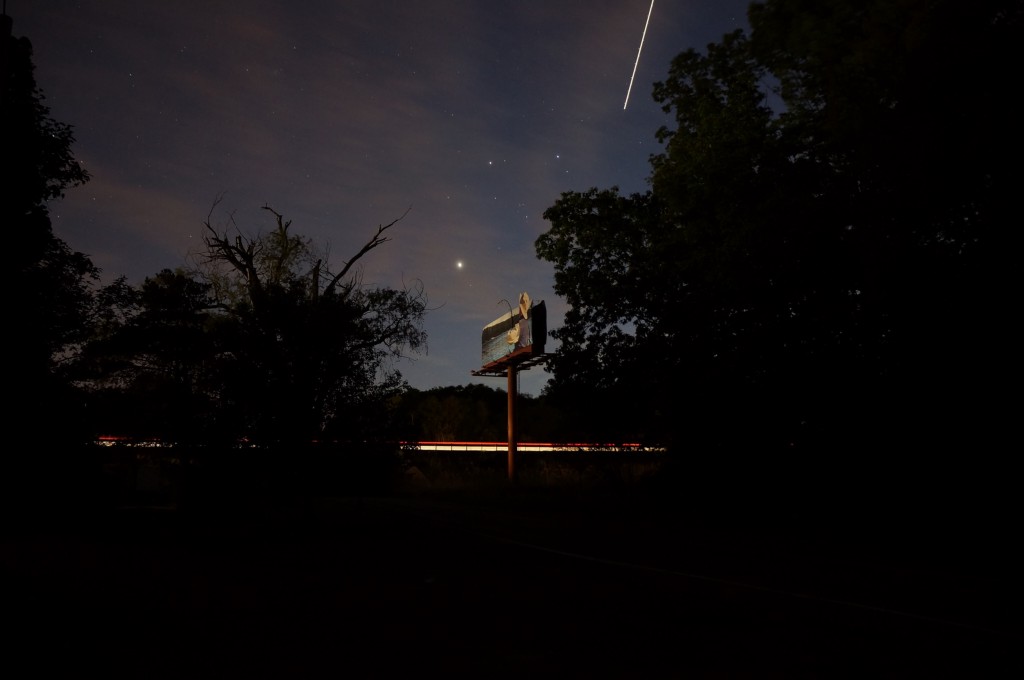Three Things To Read
Having a hard time getting started today? Me too. Here are a few diversions.

The attention-merchant business model is in constant need of growth, and the way it has grown historically is either to find new times and space where we’re not occupied or to more subtly exploit the time that is already there. That suggests that all the periods you now regard as refuges or escapes from your crazy life will inevitably become targeted, because that’s where the growth activities are. For example, there has been a move to bring more ads to national parks, inside public schools, and into other sanctuaries that were previously walled off. As people are harder to reach, the efforts to advertise to them became more disguised, more intrusive, and more manipulative.
— “Does Advertising Ruin Everything?”
Pop art revels in, is excited by and transfigures the throwaway. It grew out of the newly opened sensibilities of its artists to the pop detritus of the everyday, the culture of multiple replication of images, of movie and music icons, advertising, comics, magazines, cigarette packets, beermats, trash — a manifestation of what Boty herself called “nostalgia for NOW”: “It’s almost like painting mythology,” she said, “a present-day mythology — film stars, etc … the 20th-century gods and goddesses. People need them, and the myths that surround them, because their own lives are enriched by them. Pop art colours those myths.” But we’re lucky, 50 years on, to still have anything of Boty’s work.
— “Ali Smith on the prime of pop artist Pauline Boty”
Whereas the rough edges of his younger, nasal reediness suggested chic bohemian nonchalance, now his low caroling is edged in defiance, and Darker’s production is singularly complementary to it. When he imagines, not so subtly, the stars above him losing light (“If I Didn’t Have Your Love”), his intoning dips below cherubic organs, hinting at what these enamored lyrics soon reveal — that this bright devotional is of the spiritual sort, hewing closer to his past career as a monk than as an Olympic-level ladies’ man. (The most jarring thing about Darker is how utterly devoid of lust it is.)
(That Leonard Cohen album is very very good, by the way. It’s the best thing he’s done since Ten New Songs. If it weren’t such a cold and broken Monday I’d feel a listicle coming on, but instead I will just say it would be six or seven for sure. Okay, this should hold you for a while.)
